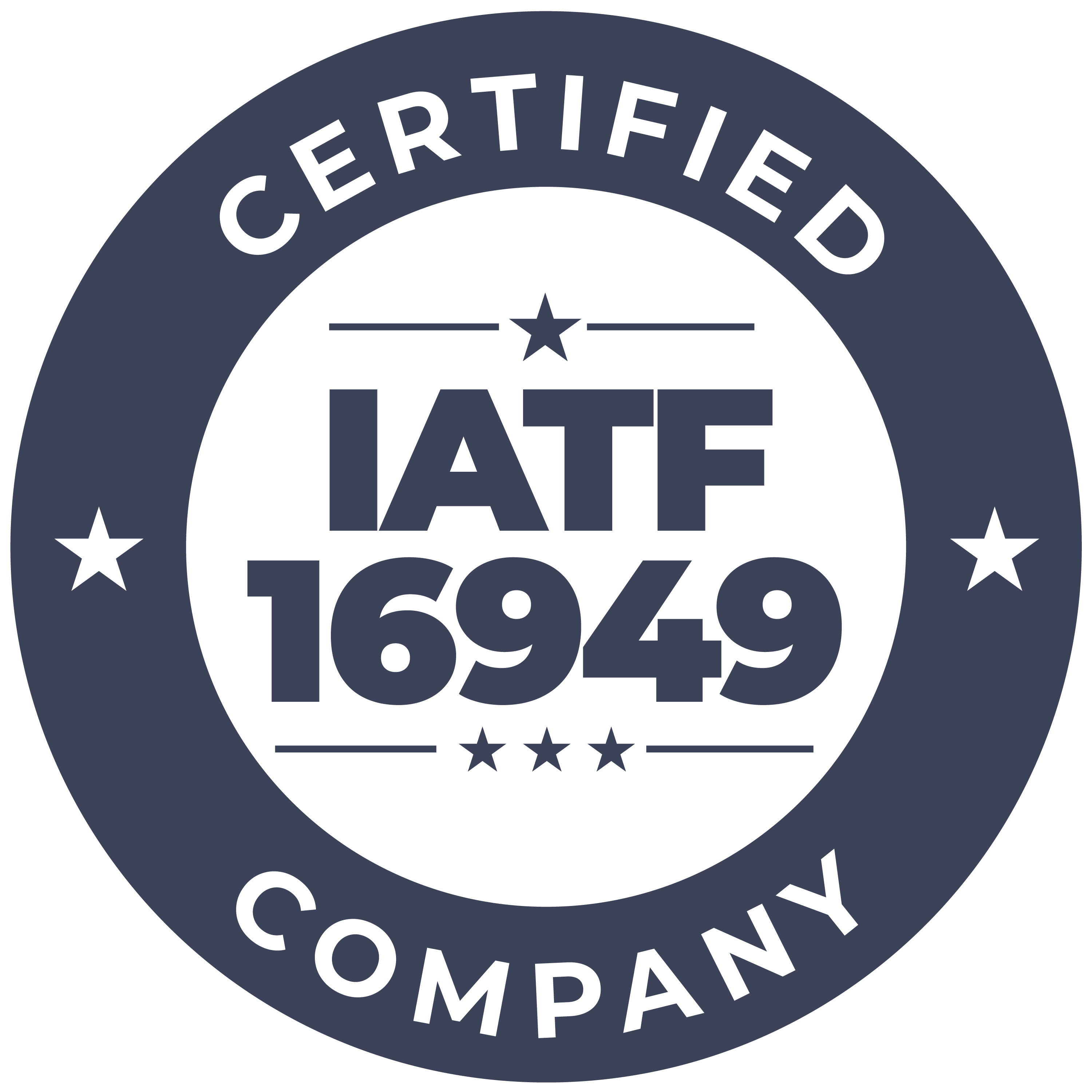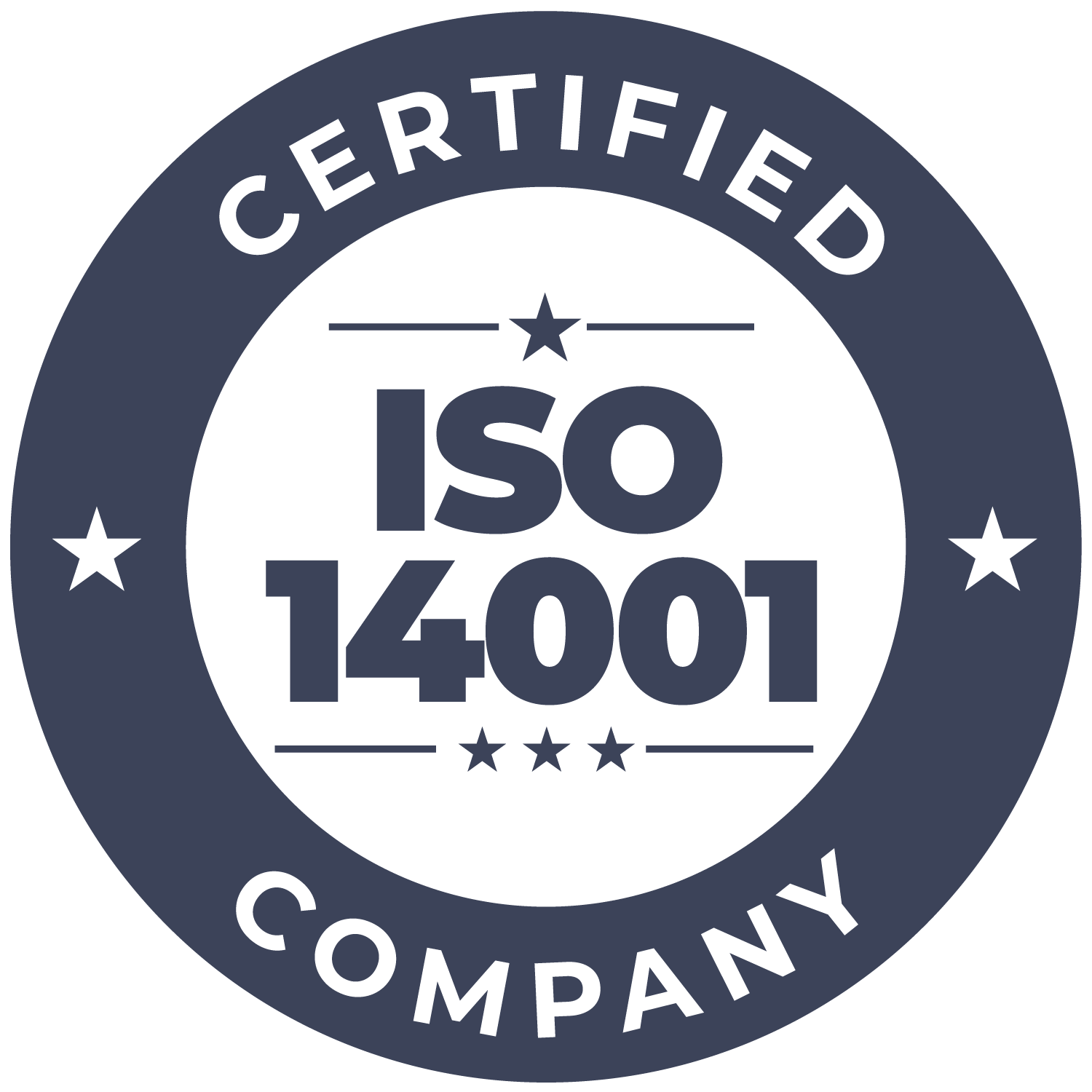
Supplier Sustainability Code of Conduct
The Toyota Tsusho Canada, Inc. (TTCI) Supplier Sustainability Code of Conduct (SSCOC) outlines TTCI’s fundamental expectations of its suppliers and service providers in respect of labor and human rights, health and safety, environmental protection, sustainability and supply chain, and compliance with laws (including those prohibiting corruption and bribery) and ethics. The principles embodied in the SSCOC are designed to be consistent with international norms and standards such as the Universal Declaration of Human Rights, the ILO’s International Labor Standards, among others. The SSCOC also contains important information regarding Higher Risk Sourcing Countries (See Appendix IA) and Higher Risk Products (See Appendix IB). The most accurate information can be found on the TAI America, Inc. website.
CLICK ON THE APPROPRIATE BUTTON TO VIEW THE SSCOC DOCUMENT:

